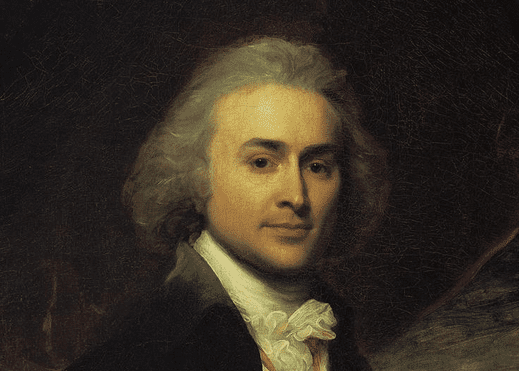


Three years after publishing his Monroe biography, Unger released John Quincy Adams. And his main point seems to be that only a president could write the Monroe Doctrine – certainly not John Quincy Adams, even though he became the next president.ġ901 cartoon of Uncle Sam rooster sheltering the Latin chicks and keeping the Europeans out

Not only does he make a wildly contrarian claim, but he also shits all over most historians in the process. Such assertions show little insight into the presidency itself and the type of man who aspires to and assumes that office indeed, they denigrate the character, the intellect, the intensity, and the sense of power that drive American presidents.” The assertion that Adams authored the “Monroe Doctrine” is not only untrue it borders on the ludicrous by implying that President Monroe was little more than a puppet manipulated by another’s hand. “Contrary to the writings of some historians, Monroe’s proclamation was entirely his own – not Adams’s. It’s widely known that Monroe’s Secretary of State, John Quincy Adams, had a major role in authoring the policy as part of Monroe’s annual address to Congress in 1823. The Monroe Doctrine, in Unger’s words, “declared an end to foreign colonization in the New World and warned the Old World that the United States would no longer tolerate foreign incursions in the Americas.” It basically told Europe to stay out of the western hemisphere, and it still has impacts on our foreign policy today. Unger claimed James Monroe was solely responsible for writing the Monroe Doctrine, and that John Quincy Adams had little if anything to do with it. That tactic was working out well until I came to one specific claim that flew in the face of everything I’d ever read. Instead of the title “ The Last Founding Father: James Monroe and a Nation’s Call to Greatness,” I pretended it was called “ Why James Monroe Is Awesome.” Those were some big claims, but I was willing to strap in for the ride. In the first few pages, Unger sets up the case that Monroe was “the most beloved president after Washington” married to “America’s most beautiful and courageous First Lady,” and the other presidents since Washington – Adams, Jefferson, and Madison – were “mere caretaker presidents who left the nation bankrupt, its people deeply divided, its borders under attack, its capital city in ashes.”

What I didn’t expect was full-on hagiography. When I chose to read his bio of James Monroe for my presidential biography project, I expected a little bias based on the reviews. Cranking out a book a year since 2005, Harlow Giles Unger has been called “America’s Most Readable Historian.” One reason he’s so readable is because he doesn’t let boring things like facts get in the way of a good story.


 0 kommentar(er)
0 kommentar(er)
